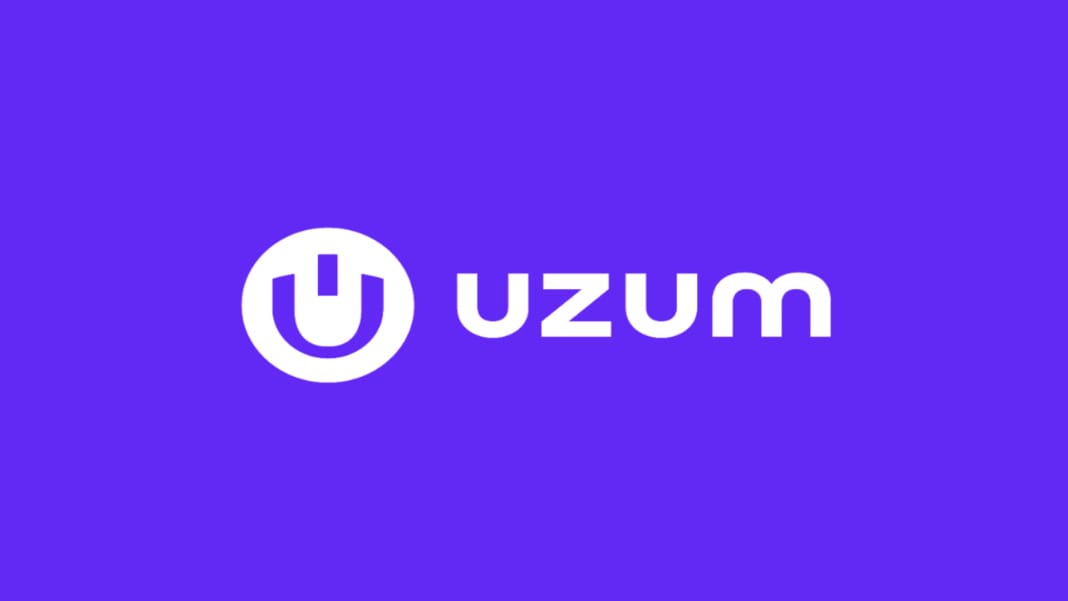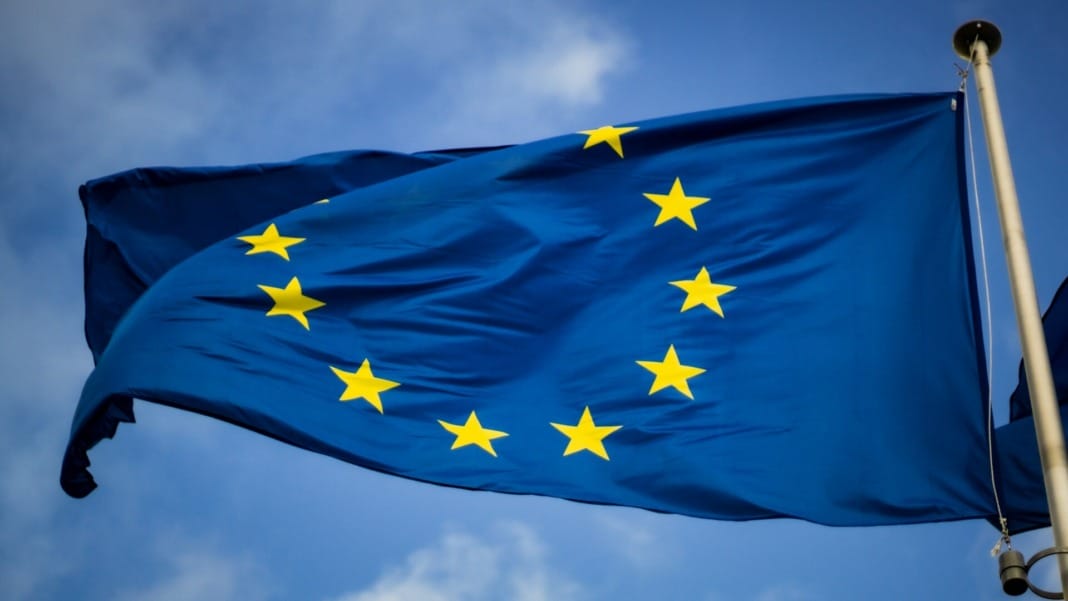In a recent turn of events, a lawsuit filed by Elon Musk and his social media platform, X, against the Center for Countering Digital Hate (CCDH), a nonprofit organisation focused on tackling online hate, was thrown out by a federal judge. This decision marks a significant victory for free speech and research on digital platforms.
A legal battle over digital hate speech
X initiated legal action against CCDH following the publication of several reports by the nonprofit, which criticised the social media platform for allowing hate speech and extremism to proliferate. These reports suggested that X’s platform had become a breeding ground for such content, leading to considerable financial losses for the company, which is estimated to be in the tens of millions of dollars.
The conflict intensified when Musk, who oversees X, accused the CCDH of using unlawful methods to gather data from the platform, alleging that the nonprofit’s actions breached X’s terms of service. Musk’s vociferous criticism of the CCDH, branding it “an evil propaganda machine,” only fueled the fire.
The court’s ruling and its implications
However, the United States district judge of the Northern District of California, Charles R. Breyer, sided with CCDH, dismissing the lawsuit and ruling out any possibility for Musk and X to bring the case to court again. Judge Breyer’s remarks highlighted the lawsuit’s apparent aim to penalise CCDH for its critical reports on X and to deter others from expressing similar criticisms.
The CCDH has been at the forefront of researching hate speech, extremism, and misinformation across major social networks since its inception in 2018. Its work includes exposing harmful content related to issues like eating disorders, climate change denial, and misogynistic threats on various platforms. The organisation’s CEO, Imran Ahmed, lauded the court’s decision, emphasising the importance of their mission to challenge social media companies on decisions that affect public welfare and rights.
The legal victory for CCDH affirms the right to research and critique social media practices and serves as a deterrent against the misuse of legal systems to silence critical voices. Roberta Kaplan’s involvement, known for her recent legal success against former president Donald Trump, underscored the significance of this case in the broader fight for accountability and transparency in digital spaces.
What’s next for Musk and online speech regulation?
Despite the setback in California, Musk continues to engage in legal battles against entities he perceives as adversaries to his vision for social media, with a similar lawsuit filed against Media Matters for America in Texas. This ongoing legal saga underscores the complex challenges surrounding regulating speech on digital platforms and the delicate balance between protecting free expression and combating online hate.
In conclusion, the dismissal of Musk’s lawsuit against CCDH represents a pivotal moment in the ongoing debate over digital speech regulation. It reaffirms the importance of safeguarding the rights of organisations and individuals committed to exposing and challenging harmful content online while highlighting the potential for legal systems to be misused as tools of intimidation.
In a recent turn of events, a lawsuit filed by Elon Musk and his social media platform, X, against the Center for Countering Digital Hate (CCDH), a nonprofit organisation focused on tackling online hate, was thrown out by a federal judge. This decision marks a significant victory for free speech and research on digital platforms.
A legal battle over digital hate speech
X initiated legal action against CCDH following the publication of several reports by the nonprofit, which criticised the social media platform for allowing hate speech and extremism to proliferate. These reports suggested that X’s platform had become a breeding ground for such content, leading to considerable financial losses for the company, which is estimated to be in the tens of millions of dollars.
The conflict intensified when Musk, who oversees X, accused the CCDH of using unlawful methods to gather data from the platform, alleging that the nonprofit’s actions constituted a breach of X’s terms of service. Musk’s vociferous criticism of the CCDH, branding it “an evil propaganda machine,” only fueled the fire.
The court’s ruling and its implications
However, the United States district judge of the Northern District of California, Charles R. Breyer, sided with CCDH, dismissing the lawsuit and ruling out any possibility for Musk and X to bring the case to court again. Judge Breyer’s remarks highlighted the lawsuit’s apparent aim to penalise CCDH for its critical reports on X and to deter others from expressing similar criticisms.
The CCDH has been at the forefront of researching hate speech, extremism, and misinformation across major social networks since its inception in 2018. Its work includes exposing harmful content related to issues like eating disorders, climate change denial, and misogynistic threats on various platforms. The organisation’s CEO, Imran Ahmed, lauded the court’s decision, emphasising the importance of their mission to challenge social media companies on decisions that affect public welfare and rights.
The legal victory for CCDH affirms the right to research and critique social media practices and serves as a deterrent against the misuse of legal systems to silence critical voices. The involvement of Roberta Kaplan, known for her recent legal success against former president Donald Trump, underscored the significance of this case in the broader fight for accountability and transparency in digital spaces.
What’s next for Musk and online speech regulation?
Despite the setback in California, Musk continues to engage in legal battles against entities he perceives as adversaries to his vision for social media, with a similar lawsuit filed against Media Matters for America in Texas. This ongoing legal saga underscores the complex challenges surrounding regulating speech on digital platforms and the delicate balance between protecting free expression and combating online hate.
In conclusion, the dismissal of Musk’s lawsuit against CCDH represents a pivotal moment in the ongoing debate over digital speech regulation. It reaffirms the importance of safeguarding the rights of organisations and individuals committed to exposing and challenging harmful content online while highlighting the potential for legal systems to be misused as tools of intimidation.





